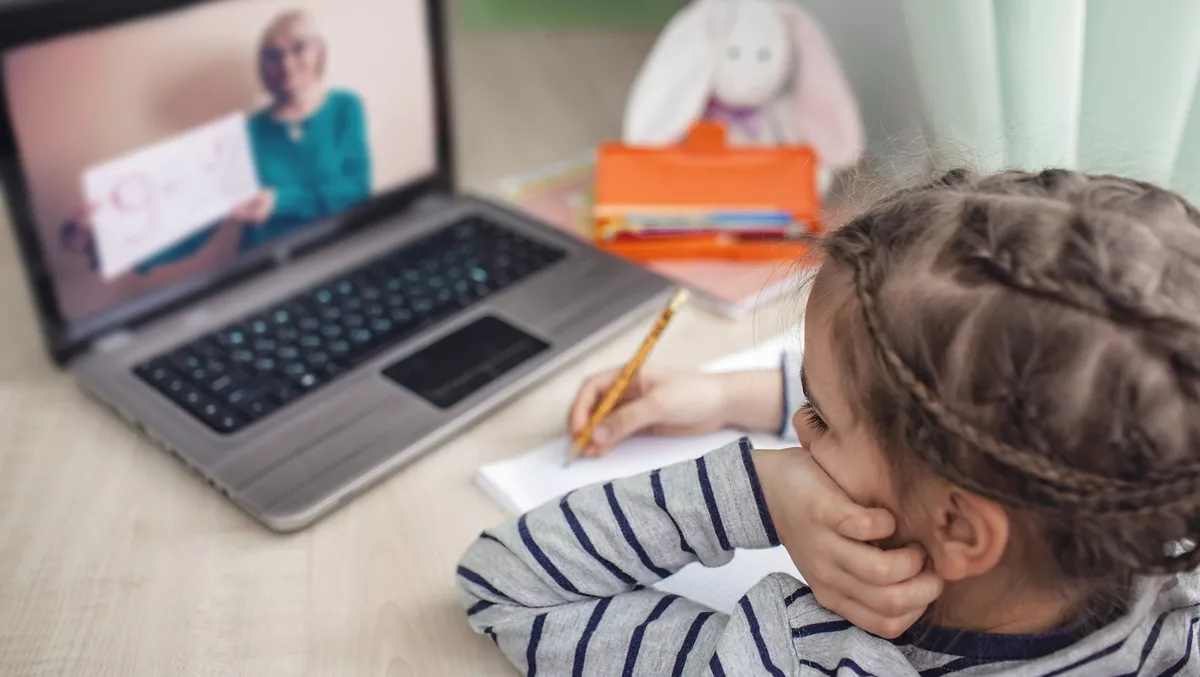A new report from Human Rights Watch has found that governments of the world’s most populous countries failed to protect children’s privacy adequately when approving online learning products during COVID-19 lockdowns.
The report “How Dare They Peep into My Private Life?”: Children’s Rights Violations by Governments that Endorsed Online Learning during the Covid-19 Pandemic, looks at 164 Educational Technology (EdTech) products approved by 49 countries, including Australia, China, India, Indonesia, Japan, Malaysia and Korea.

It includes an investigation of 290 companies that have collected, processed, or received child data since March last year.
The Human Rights Watch says that of 164 EdTech products, 89% engaged in data practices that risk or violate children’s rights. It states that these products monitor or may monitor children, in most cases secretly and without the consent of children or their parents.
The report says that in many cases, the products collect personal information such as who the children are, where they are, what they do in the classroom, who their family and friends are, and what kind of device their families can afford to use.
The Human Rights Watch says most online learning platforms also have tracking technologies that track children over time outside their virtual classrooms and over the Internet. In addition, some kids tag invisibly in ways that are impossible to avoid or erase — even if kids, their parents, and teachers know and want to — without destroying the device.
Technology researcher Hye Jung Han of Human Rights Watch says children should be safe at school in person and online.
“By failing to ensure that their recommended online learning products protect children and their data, governments have opened the door for companies to monitor children online, outside school hours and deep into their private lives,” she says.
According to the report, children’s data is also sent to advertising technology companies, opening the door to behavioral advertising. The Human Rights Watch says this disrupts children’s online learning experiences and risks influencing their opinions and beliefs at a time in their lives when they are at high risk of manipulative interference.
The Human Rights Watch says that, except Morocco, all governments in the report have approved at least one EdTech product that endangers or undermines children’s rights. It says most EdTech products were offered to governments at no direct financial cost.
According to the report, few governments checked whether the EdTech they quickly approved or bought for schools was safe for children. As a result, children whose families had access to the Internet were exposed to the privacy practices of the EdTech products they were required to use during Covid-19 school closures.
Human Rights Watch says 39 governments have compromised or violated children’s rights after creating educational products that did not adequately handle the data collected.
It states that some governments have made it mandatory for students and educators to use their EdTech products, making it impossible for children to protect themselves by choosing alternatives to access their education.
The Human Rights Watch calls on governments to adopt and enforce modern child data protection laws that provide safeguards for collecting, processing, and using children’s data.
It has launched a global campaign, #StudentsNotProducts, that brings together parents, teachers, children, and allies to demand protection for children online.
“Children should not be forced to relinquish their privacy and other learning rights,” Han says.
“Governments urgently need to adopt and enforce modern child data protection laws to end the surveillance of children by actors who do not put children’s best interests first.”
